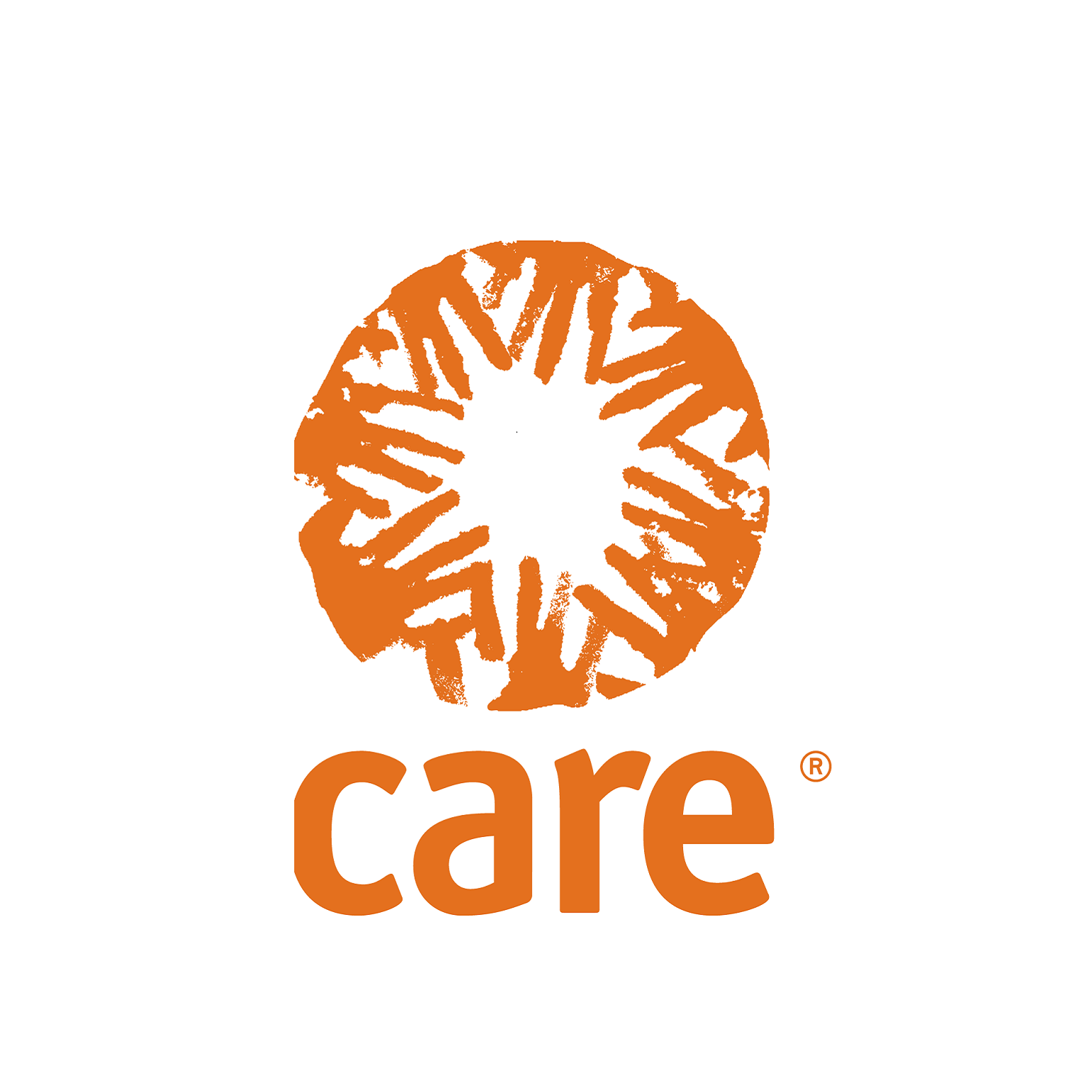Episodes
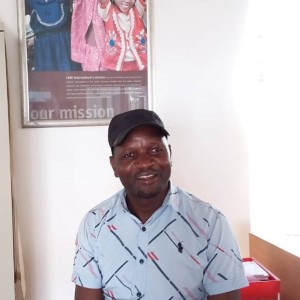
Thursday Nov 12, 2020
Data in the time of COVID
Thursday Nov 12, 2020
Thursday Nov 12, 2020
Clement Bisai from CARE Malawi talks about what he and his team are learning about how to do better remote data collection. Focus, listen to communities, and reflect regularly are his key takeaways. Don't expect to outsource everything. Digital remote data collection may be the best way to work in COVID-19, but we're already learning how to do it better.
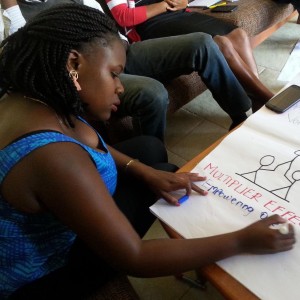
Wednesday Mar 04, 2020
It will never happen in 6 months: Lessons from building financial apps in Uganda
Wednesday Mar 04, 2020
Wednesday Mar 04, 2020
Melch Natukunda from CARE Uganda talks about trying to build the first ever financial services app that linked poor rural women to banks. What's the biggest lesson? "it’s not just financial services. Anything we do should be trying to lighten women’s burden and help her with the other challenges she’s dealing with.” It's also about remembering that, "at a bank, someone is looking at this project and saying, 'is this giving me profit?' That will never happen in 6 months." You need at least 5 years to build something that will really work, but once you've got it, it can work for millions of people.

Thursday Feb 27, 2020
Just Live It: How to learn from failure in the conservation sector
Thursday Feb 27, 2020
Thursday Feb 27, 2020
Iain Dickson from Birdlife talks about his project, "Embracing Failures" which is developing a failure taxonomy that helps conservation organizations learn about the underlying causes of failure. What can we do to get better at learning from failure? "Just live it," says Iain. "We think about it as a complex overarching problem, but many of the solutions are simple." One of the key solutions they found was that there's appetite to talk about failure, but it works best when this is a conversation, and not an exercise filling out forms.
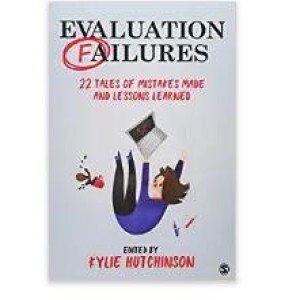
Wednesday Jan 29, 2020
Walking the Tightrope: Balancing Participation and Independence in Evaluations
Wednesday Jan 29, 2020
Wednesday Jan 29, 2020
Kylie Hutchinson, independent evaluator and author of three books about evaluation and program planning: Evaluation Failures: 22 Tales of Mistakes Made and Lessons Learned, A Short Primer on Innovative Evaluation Reporting, and Survive and Thrive: Three Steps to Securing Your Program’s Sustainability talks about how to learn from common evaluation failures to improve impact and social justice. Her two tips are learning how to engage stakeholders more effectively and understand context when you're doing an evaluation. Here are three questions to ask yourself before launching an evaluation: 1) What are we trying to learn? 2) What are we going to do about the answers? 3) When do we need to know?
If you want to learn more, you can read a free chapter in the book here, or find some tips on how to find evaluators here: http://evaluationforleaders.org

Wednesday Oct 16, 2019
Square Pegs and Round Holes: Fitting research to community needs
Wednesday Oct 16, 2019
Wednesday Oct 16, 2019
Anne Sprinkel and Dipendra Sharma from CARE's Tipping Point project talk about the challenges in implementing RCTs, and the risk of sacrificing communities' needs to the methodological rigor that researchers demand. "Make sure you have a good reason for doing an RCT," says Sprinkel. Sharma adds, "Start with good programming, then build research around it." They also have some great tips for managing expectations, clear communication, and just how long it takes to do it right (Hint: it's a lot longer than you think).
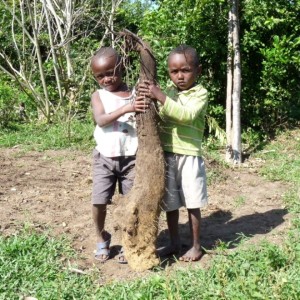
Wednesday Apr 03, 2019
It's All About Backup: When Experimental Systems Go Wrong
Wednesday Apr 03, 2019
Wednesday Apr 03, 2019
In our first ever Francophone episode, Fanomezantsoa Randrianarisoa from CARE Madagascar talks about what happens when you launch an experimental monitoring system before partners are ready for it. Besides challenges getting the data you need, there are serious risks to sustainability. Investing in people's skills, creating back-up plans, and aligning with global systems are some of the solutions.
Dans notre premier épisode francophone, Fanomezantsoa Randrianarisoa du CARE Madagascar explique ce qui se passe si vous lancez un nouveau system d’évaluation avant que l’équipe ne soit prêt. Il n’y a pas seulement les difficultés de trouver l’information, mais aussi les risques pour pérenniser le system. Les leçons appris comprennent : un appui au personnel, l’appropriation du system, et l’harmonisation avec les autres systems.
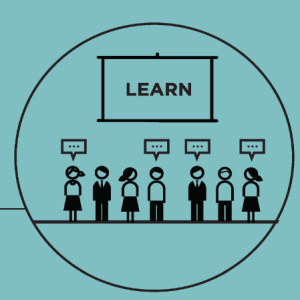
Wednesday Mar 27, 2019
The Art of Humility: Accepting Reality and Learning From Failure
Wednesday Mar 27, 2019
Wednesday Mar 27, 2019
Ian Lathrop from USAID’s LEARN project talks about how to show the art of humility, and learn from failures so we don’t repeat them. After action reviews, pause and reflect, and having leaders model behavior are all practical actions he suggests for getting better at this. Some of the resources he suggests to create space for learning from failure are USAID Learning Lab - CLA Maturity Tool Resources, the video on Community Connector and CLA: Proving the Concept, and Learning Lab’s failure blog.

